Managing Your Child's Asthma
- posted: Jan. 17, 2020
While there is no cure for asthma, there are ways to manage your child’s asthma symptoms and to reduce the risk for a flare-up. Of course, to be able to properly control your child’s asthma it’s important to understand more about this condition and what triggers your child’s symptoms. A pediatrician will be a valuable asset when it comes to discussing asthma treatment options and addressing any concerns that  you might have.
you might have.
Know Your Child’s Triggers
There are a variety of environmental elements and conditions that can also trigger airway inflammation and lead to an asthma attack. It’s important to figure out what your child’s triggers are so you can avoid them as much as possible. Of course, this is something that your pediatrician can help you determine as well. Common triggers include:
- Outdoor allergens such as pollen and mold
- Indoor allergens such as pet dander
- Viral infections
- Exercise
- Weather changes
Stick With Your Plan
Once a pediatrician has diagnosed your child with asthma, the next step is to create an asthma management plan (also referred to as an action plan). This plan is designed based on your child’s specific triggers to minimize the severity and the frequency of your child’s flare-ups, which also reduces the need for emergency medical care. So, what’s including in an asthma action plan? Here’s what should be in your child’s action plan:
- The medications prescribed to your child, along with how much they take and when they should take them
- Possible triggers
- Pinpointing the early signs of asthma flare-ups and what to do when they occur
- How to handle an asthma attack
- When to seek immediate medical attention
Take Medications as Directed
Medication is the most common way to manage asthma symptoms. Your pediatrician will prescribe a long-term controlling medication that your child will use daily to reduce airway swelling. When signs of a flare-up appear, a quick-acting inhaler can reduce swelling and prevent it from getting worse.
Know Signs of a Flare-up
Once your child has experienced a couple of flare-ups you’ll begin to pick up the warning signs so that you can start to recognize when another one might occur. These warning signs might come in the form of a persistent cough or wheezing. When these symptoms appear it’s important to have your child’s medication readily available.
If your child is showing symptoms and warning signs of asthma it’s important that you bring them in for an immediate medical checkup. Call your pediatrician today to learn more about ways to help your child better control their asthma symptoms.
Pediatric Group Associates
1625 Avenue Of The Cities,
Moline, IL 61265
Our Sick Clinic is currently open 8 am to 10:45 am Monday through Friday (this is NOT a walk-in clinic).
We recommend using our self-scheduling link , appointment request link, or calling us before arriving at the office to reserve your time slot.
The sick clinic is for acute problems like rashes, insect bites, poison ivy, sunburn and ear pain. We continue to take additional precautions to ensure the safety and health of our patients and staff through the use of our mobile registration and gathering information in advance of your appointment.
Thank you for your continued patience and support as we strive to meet the ongoing needs of our community in the safest possible manner.
Our Moline office is open from 8 am to 1 pm and 2 pm to 5 pm Monday through Friday. We have limited Saturday availability for acute sick symptoms only through our Facebook self-scheduling link which will be posted each Friday evening by 7 pm CST. We do not have regular office hours on Sunday, however there is a provider on-call in case of emergencies.

